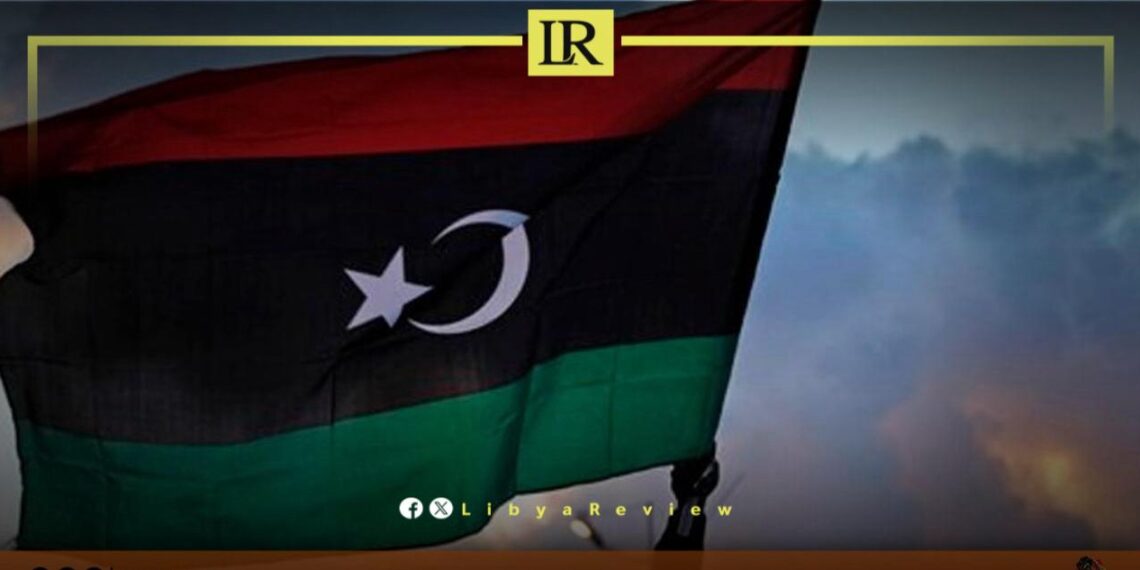Libya has maintained its position among authoritarian regimes in the 2023 Democracy Index, as recently published by The Economist Intelligence Unit. The North African nation ranked 157th globally, scoring 1.78 points, thus remaining within the category of authoritarian systems.
The index categorises countries into four levels of democracy: full democracies, flawed democracies, hybrid regimes, and authoritarian regimes. Norway topped the list as a full democracy, followed by New Zealand and Iceland, whereas the United States was placed in the category of flawed democracies, ranking 29th worldwide.
In the Arab world, Tunisia leads with a global rank of 82 and a score of 5.51, followed by Morocco at 93rd place. Both countries are classified under hybrid regimes, indicating a mix of democratic and non-democratic practices, leaning more towards authoritarianism.
Norway secured the top spot globally, with New Zealand and Iceland following in second and third place, respectively. Sweden, Finland, Denmark, Ireland, Switzerland, the Netherlands, and Taiwan, rounding out the top ten, showcase a diverse representation of full democracies around the world.
In a recent study conducted by the British-based Legatum Institute, Libya finds itself ranked as one of the lowest on the Prosperity Index. It is ranked lowest together with African countries, Yemen and Sudan. Globally, the North African country stands at 146th out of 167 nations evaluated in the institute’s Prosperity Index, which measures a country’s wealth and well-being.
The Prosperity Index is a comprehensive tool that assesses various factors contributing to a nation’s overall prosperity. Key indicators include the security situation, governmental efficiency, corruption eradication efforts, investment climate, infrastructure quality, living conditions, health, and education.
Libya’s position in the index highlights the significant challenges the country faces amidst ongoing political instability and economic difficulties. Despite its rich oil reserves, Libya has struggled with governance issues, conflict, and a lack of infrastructure development. These have collectively hindered its prosperity and quality of life for its citizens.


